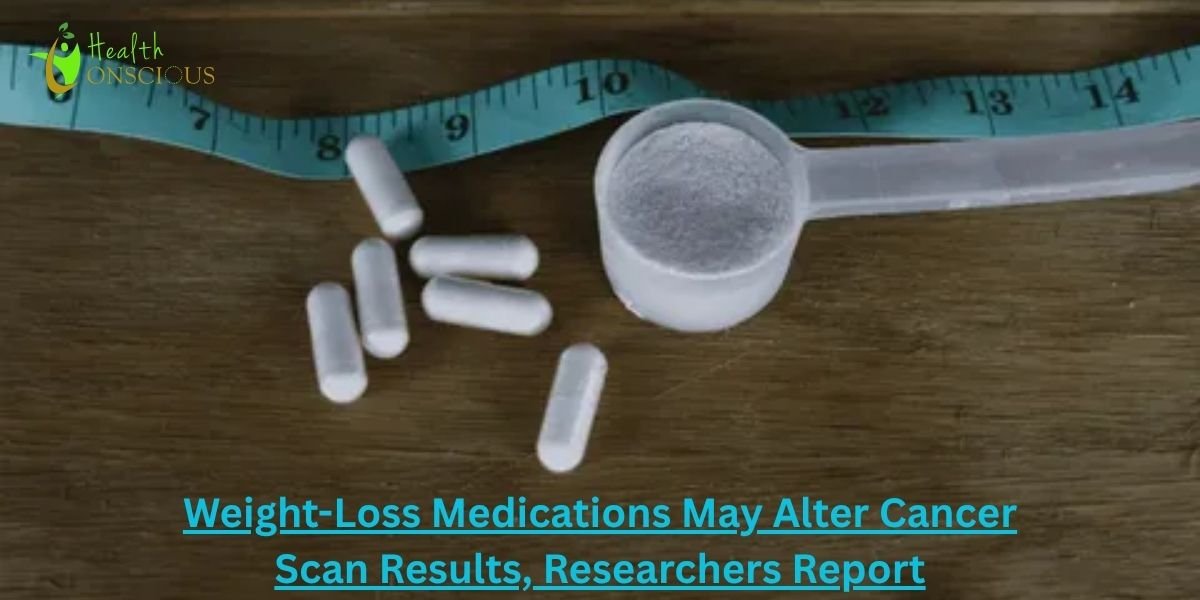Scientists in the UK have found that weight-loss medications affecting glucose metabolism can alter PET-CT cancer scan results, possibly leading to false-positive readings and unnecessary follow-up testing.
Background
A recent medical review has raised concerns that modern weight-loss and diabetes medications may inadvertently reduce the accuracy of cancer detection using positron emission tomography-computed tomography (PET-CT) scans.
The drugs in question, known as glucagon-like peptide-1 receptor agonists (GLP-1 RAs), are increasingly prescribed to improve blood sugar regulation and promote weight reduction. However, their influence on glucose metabolism may unintentionally distort how radiotracers behave during cancer imaging procedures.
PET-CT scans depend on the uptake of a radioactive glucose compound—fluorodeoxyglucose (FDG)—by active tissues. Any change in cellular metabolism, such as that caused by GLP-1 medications, can modify this uptake and alter the visual interpretation of scan results.
Findings
Researchers at diagnostic imaging centers across the UK have identified unusual tracer uptake patterns in patients using GLP-1 receptor agonists. These changes caused certain healthy tissues to appear abnormally active on scans, closely resembling cancerous lesions.
“We observed distinctive metabolic patterns among patients receiving GLP-1 therapies,” said Dr. Peter Strouhal, Medical Director at Alliance Medical, who led the study. “The findings highlight an urgent need for guidance on how these drugs affect PET-CT interpretation.”
At present, no national or international imaging protocols specifically address how to interpret PET-CT scans for patients using GLP-1–based therapies. This lack of guidance may result in false-positive diagnoses, unnecessary biopsies, and emotional distress for patients awaiting cancer confirmation.
Clinical Implications
PET-CT scans are vital for diagnosing, staging, and monitoring cancer progression. When normal metabolic processes are altered by medications, the diagnostic signal may become misleading. This poses a risk of misinterpreting non-cancerous tissue as malignant, leading to additional testing or delayed treatment.
Further complicating matters, early laboratory research suggests that GLP-1–related medications may also interact with certain chemotherapy drugs, especially in breast cancer management. This potential overlap underscores the need for improved communication among oncologists, endocrinologists, and radiologists.
Experts recommend that clinicians document all current medications before ordering cancer imaging tests. Knowledge of GLP-1 therapy can help imaging professionals correctly differentiate between drug-related tracer uptake and true pathological activity.
Future Directions
Researchers are calling for comprehensive clinical studies to determine how GLP-1 receptor agonists influence tracer metabolism at a molecular level. Such studies could lead to updated imaging standards and diagnostic protocols that account for metabolic medications’ effects.
Collaborative efforts among nuclear medicine experts, endocrinologists, and oncologists will be essential to refine diagnostic accuracy and minimize unnecessary medical interventions.
As these metabolic therapies continue to grow in popularity, maintaining high standards in precision imaging will be critical for accurate cancer detection and patient safety.
Key Takeaways
- Weight-loss medications that regulate glucose metabolism may alter PET-CT scan accuracy.
- Patients on GLP-1 receptor agonists are more likely to show misleading imaging results.
- Experts call for international imaging guidelines to address this diagnostic challenge.
Improved coordination among medical specialists can prevent unnecessary tests and anxiety.

Researchers in Britain who evaluated PET-CT scans, which aid in the diagnosis and staging of malignancies, found that the injections negatively impacted the appearance of tissue on scans, perhaps leading to the misinterpretation of tissue as potentially malignant.
Check out more health-conscious news here:
- Struggling to reach 10,000 steps? Study finds even small efforts can extend your life
- Study Finds Antidepressant Side Effects Vary in Weight and Heart Impact
- First U.S. Cases of Clade I Mpox Without Travel History Found in Los Angeles County
- Do Classroom Air Purifiers Really Work? New Massachusetts Study Reveals Surprising Results



